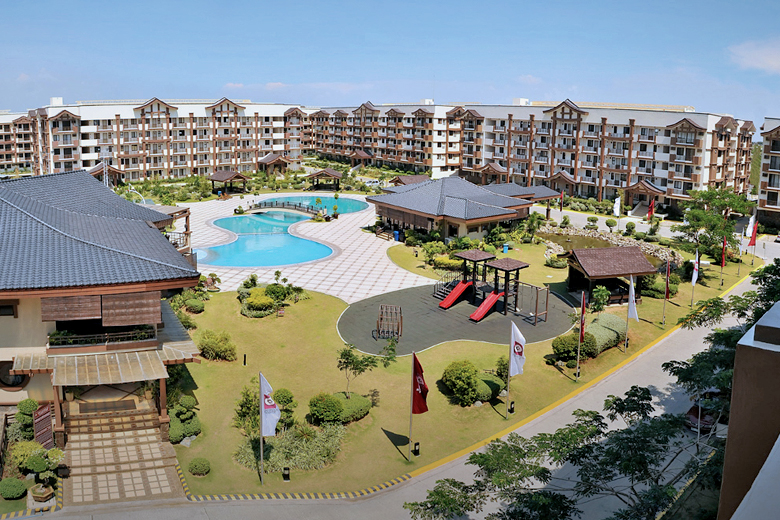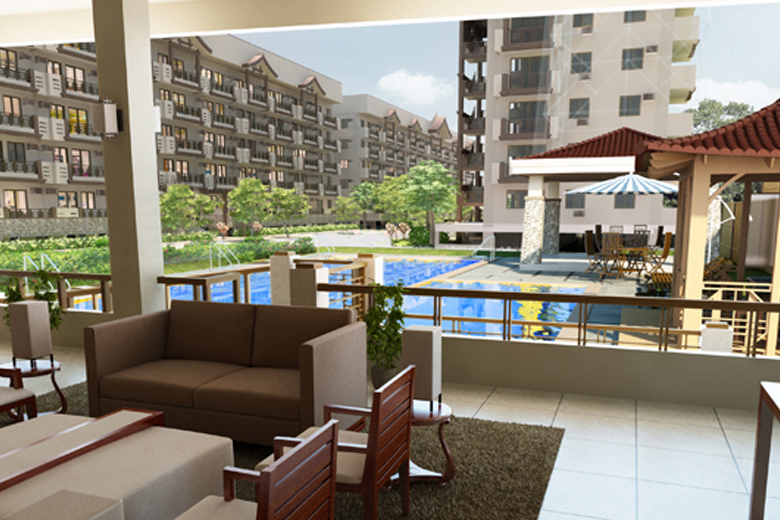Convenience, easy maintenance, safety and security, and recreation – these are what top real estate developers in the Philippines offer to condominium dwellers. Hence, many choose to rent condominiums as a second home (while maintaining their own homes) – in order to escape the commuting hassles of contemporary living while enjoying the perks of condo living.
For renters, however, choosing the right condominium is just the first step. A rental agreement is covered by a contract that is legally binding, thus requiring careful attention. Here is a guide for first-time renters to avoid falling into the common pitfalls.
1. Who will sign the contract?
The owner has the property rights on the condominium, so make sure you are transacting and signing a contract with the legal owner, or at least his authorized representative. To be certain, ask for a copy of the property title. Any representation must be evidenced too by a written authorization.
2. What is covered by my initial payment?
The contract must itemize the initial payment – how much is allotted for the initial rent, advance rental, and security deposit. This is to avoid any confusion that may occur upon termination of the contract.
3. What is covered by my monthly payments?
The succeeding monthly payments typically cover the basic rental only. However, the owner may require you to pay for other charges such as monthly association dues and parking rentals through him. In which case, ask for an acknowledgement receipt from your owner and ensure that your payments are properly forwarded; else you may be charged with penalties by the condominium management.
4. When are my monthly payments due?
Monthly rentals are typically due either at the beginning or end of each month. For every payment, ask for a receipt indicating the period covered by your payment.
5. Of all the other charges, which ones are for the owner’s account, and which ones are mine?
Renters are generally liable for utility charges such as electricity, water, telephone and internet connection, while owners are liable for real property taxes. All these and other charges should be clearly stipulated in your contract too.
6. What is included in the property?
One of the common condo turnover problems, especially when renting a furnished condo, is lack of proper endorsement of items. Upon turnover, both owner and tenant must sign an inventory of items included in the unit to avoid any confusion upon termination of rent.
7. Is the property in good condition?
Even before signing a contract, make sure that the property is in good condition – without leaks or jammed doorknobs. When renting a furnished unit, make sure that the appliances are in good working condition. Once the contract is signed and the keys are endorsed, the condo turnover process is deemed completed, so the tenant begins to assume responsibility for proper maintenance.
8. Is it free from liens?
Tenants must also ensure that the property rented is free from liens and encumbrances, and that all previous utility bills and fees have been paid. Although you are not legally liable for such payments, you may suffer the consequence for such non-payment through ejection or utility disconnection.
9. When does the contract begin?
The contract may begin upon turnover of the unit or upon moving in, depending on the mutual agreement between the landlord and tenant. Commencement date must be clearly stated in the contract to avoid liabilities on previous charges.
10. When does the contract end?
It is equally important to note the termination of the contract. Pre-termination by the tenant is usually subject to penalties, as well as forfeits his right to utilize the advance rental payment and redeem the security deposit.
11. When will the advance payment be applied?
The advance rental payment may be applied either at the beginning of the contract, or at the end if there is no more intention to renew. This mutual agreement is another important stipulation in the contract.
12. When can I get back my deposit?
The tenant may redeem his security deposit after vacating the premises, and after the owner deducts all charges that are due him. Typically, these are the utility bills, association dues, damages on property, and other fees. Make sure to enlist the charges that the owner is allowed to deduct from the security deposit. Charges are usually billed within a month after vacating the premises, so the security deposit must be returned shortly after that.
13. What if the contract expires?
A provision for automatic renewal may be stated in the contract, unless any of the parties signifies an intention to terminate. It is best also to require a written 3-month notice prior to termination to ensure that the tenant is given enough time to find a new place, in case the owner has no more intention to renew.
14. How many are allowed to stay?
The property management usually has designated allowable number of tenants, depending on the size of the property. Whether it is imposed by the property management or the unit owner, it is best to state the allowed number of tenants in the contract.
15. Can I share my rent?
Before taking a roommate, make sure your landlord grants you permission to do so through the contract. Remember though that as signatory of the contract, you are liable to the owner and not your roommate.
16. Am I allowed to bring pets?
Regulations on pets, whether imposed by the property management or the unit owner, are also important provisions that should not be missed in the contract.
17. Am I allowed to make alterations on the unit?
One of the common misconceptions of condo living is that residents can renovate their homes as they please. Structural renovations are certainly not allowed, while minor alterations on rented units require a written consent from the owner. If so, any such alteration remains in the landlord’s ownership upon termination of contract.
18. Who pays for the repairs?
Accountability for repairs in the unit may be stated in different ways. Some contracts state that the landlord is accountable for major repairs, while the tenant undertakes the minor ones. Other contracts state that damages are for the tenant’s account, while repairs due to natural wear and tear are for the owner’s account. Whichever way it is stated, make sure there is no room for gray area such as: How do you classify a major or minor repair? How can you tell if repair is due to damage or natural wear and tear? To clarify, the contract may set an amount limit to which the tenant will be accountable for the repair.
19. What are the rules and regulations?
By enlisting the condo rules and regulations (and corresponding penalties) in the lease contract, the landowner undertakes the responsibility to inform the tenant, while the tenant signifies his willingness to abide.
20. Can I claim insurance in case of theft?
Check if your landlord has obtained an individual insurance policy for the protection of belongings in his condo. If not, check with the management if the security agency can be held liable in case of theft. It is best to consider your protection before signing a contract.
A condo in the Philippines typically offers both sale and rental options. With a growing condo rental market, many invest in the real estate industry as landlords, with the intention of recovering investments through rentals. For these investors, DMCI Homes offers a wide range of condominium for sale that can be easily rented out. It is important, however, that both landlord and tenant exercise due diligence in reading the fine print for their mutual protection.












